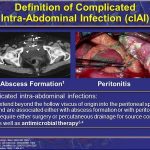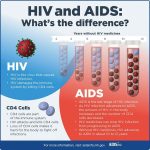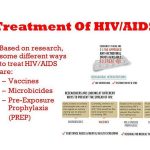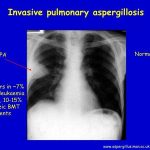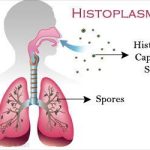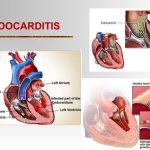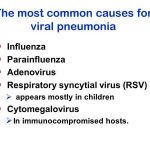
Pneumonia is the most common infectious cause of death in the United States. It occurs in persons of all ages, although the clinical manifestations are most severe in the very young, the elderly, and the chronically ill. The course of anaerobic pneumonia is typically indolent with cough, low-grade fever, and weight loss, although an acute presentation may occur. Putrid sputum, when present, is highly suggestive of the diagnosis.

